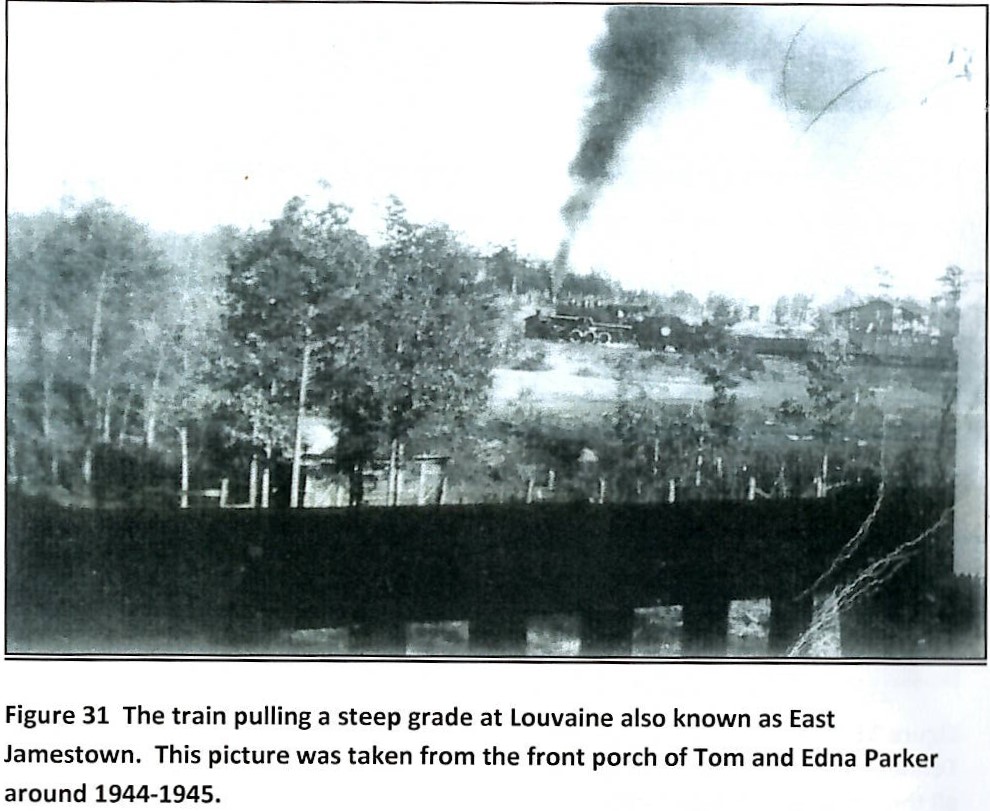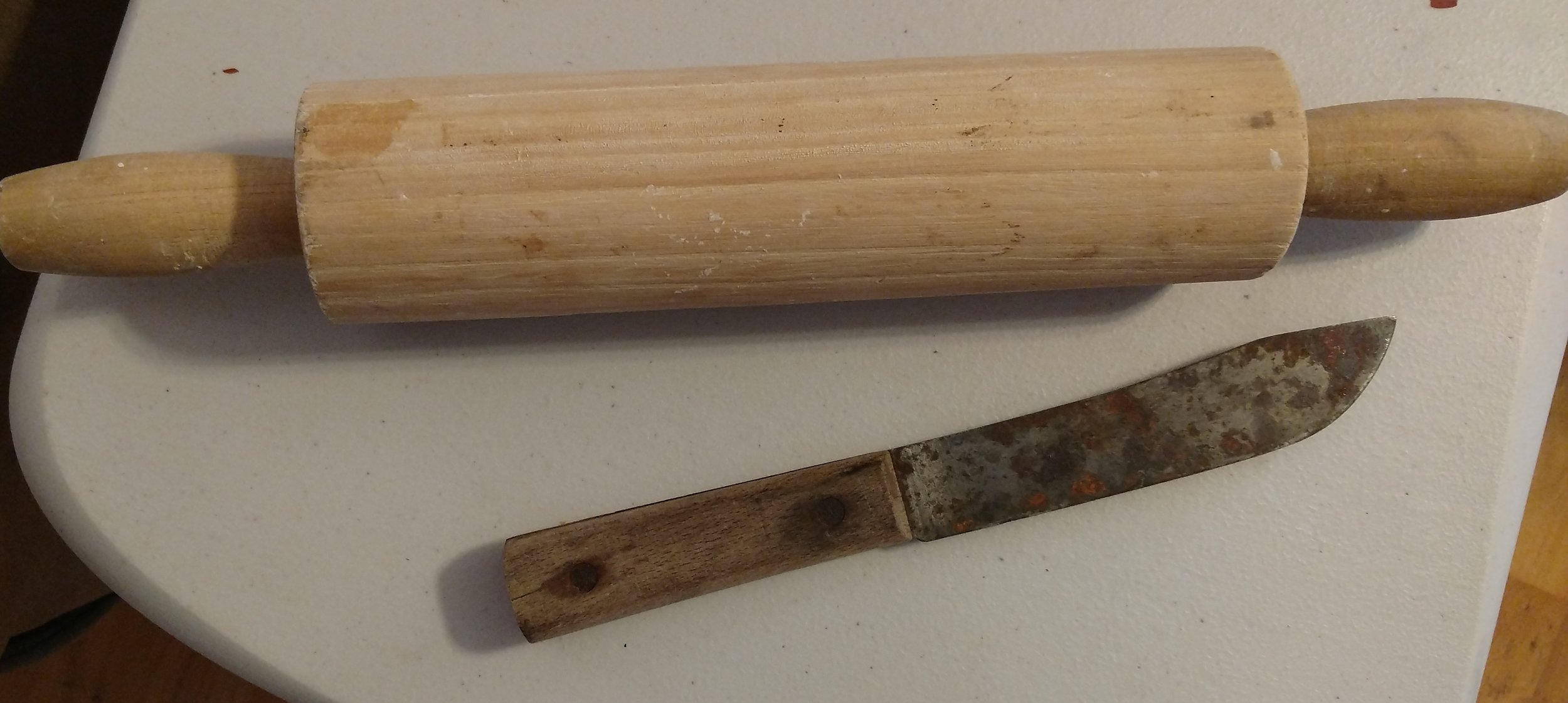Old Louvaine Community
/Tenessee’s Cumberland plateau has been rich in natural resources, chiefly coal. The history of coal mining is colorful the world-around and much has been written and recorded about our coal mining towns around Wilder, Sandy and Davidson. However, there were several other mines as well as timber operations and the communities that sprang up to support those operations. When a friend handed me a book ab out “Old Louvaine & Zenith in East Jamestown, Tennessee” I nearly cried out because Zenith has been a community I’ve heard about my whole life but know very little about.
This book, written by Janice Matthews Smith includes dozens of pictures of the O&W railroad, depots and steam engines. It has pictures of the incline railway from Wolf River to The Basin, as well as folks who lived in the area in the early part of the 20th century. It is a wealth of information and a treasure-trove of pictures – I can hardly wait to share it with you! However, as is often the case, it leaves me with unanswered questions and you dear readers are my very best resource so PLEASE click comments below and share what you know about these subjects!
Louvaine is not a community I’m familiar with, however I find Louvaine Road off the Pickett Park Highway and very near the Big South Fork park. Mrs. Smith records that Hwy 154 was previously known at the Old Louvaine Road.
The timber industry has been big business on the plateau since long before coal was discovered, and in fact we’re still cutting a lot of trees off the mountain. Around 1912 logging was supporting the Tennessee Stave and Lumber Company. This company moved to the top of Wolf River to an area known as The Basin around 1922.
Louvaine boasted a store owned by the lumber company and housing a post office. The East Jamestown post office operated from 1928 – 1955 and I can’t find a post office specifically for “Louvaine”. The mail car would slow down just enough to toss a bundle of mail out the window where postmistress Rhonda Sims would pick it up and carry it into the postoffice to be sorted.
Mrs. Sim’s husband ran a blacksmith shop across from the post office. There was a school at East Jamestown and tool sheds built by the railroad. John and Gulie Tays built a hotel / boarding house for the workers at the lumber mill and the railroad.
Mrs. Smith’s book lists 21 families living in Old Louvaine. This was a thriving community that has now disappeared as so many of the boom towns did. I’m thrilled that one native of Louvaine has assembled pictures and memories to share with all of us.














